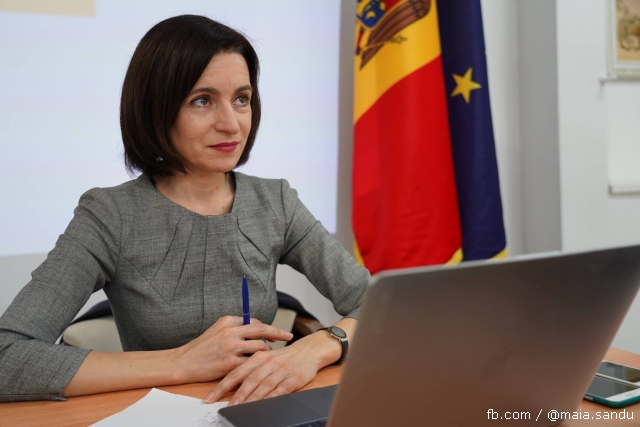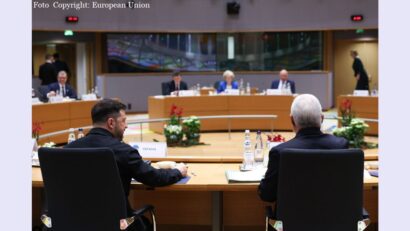Reactions to the political situation in Chişinău
Move by pro-Russian majority in Moldova to alter membership of Constitutional Court comes under criticism from countrys western partners.

Ştefan Stoica, 26.04.2021, 13:50
The
fierce political battle between the Republic of Moldova’s reformist and
pro-European president Maia Sandu and the pro-Russian parliamentary majority is
becoming fiercer still and is now being waged on constitutional ground, from
which in theory it should stay away from. The Socialists and their allies in Şor
Party on Friday passed a declaration on the usurpation of power by the Constitutional
Court and a vote of no-confidence in the Court’s three judges. The parliamentary
majority opposed to Maia Sandu views the Court’s recent ruling that all conditions
are met to dissolve Parliament as dictatorial and undemocratic. Moreover,
it abolished a Parliament’s decision to elect Domnica Manole as the current
president of the Court.
The
move by the pro-Russian parties comes after Maia Sandu was given the green
light by the Constitutional Court to sign the decree to dissolve Parliament after
several failed attempts to form a government. The stakes of the alliance that has
formed around the former president Igor Dodon are clear, namely to prevent
early elections, which Sandu wants. Through its vote on Friday, however, this
alliance stepped over the red line of respecting the Constitution.
The
move sparked an outcry from the European Union and the United States. The EU
foreign policy chief Josep Borell recalled that the Republic of Moldova pledged
to respect the independence of the Constitutional Court as part of its association
agreement with the European Union. He described Friday’s vote as a blatant
attack on the country’s constitutional order and an attempt to undermine the rule
of law. US ambassador to Moldova Dereck Hogan says the vote of the
parliamentary majority shows lack of respect for the separation of powers.
Romania’s
reaction was just as firm. Its foreign minister Bogdan Aurescu said in a
statement that the declaration adopted by the Moldovan Parliament shows
contempt for the independence of the Constitutional Court and called for any
decisions or initiatives to question the rule of law to be avoided. The Romanian
minister also noted the position of the Venice Commission, which clearly
underlines that any attack on the Constitutional Court and failure to comply
with its rulings, including in this case, runs counter to the rule of law.
A
small landlocked country that neighbours Romania and Ukraine and has a majority
Romanian-speaking population, the Republic of Moldova wants to join the
European Union, but concerns about corruption and democracy worsened relations
with the bloc, Reuters notes. Maia Sandu seeks to bridge these differences, but
she cannot do so without a government and a majority she can work with. (CM)






























